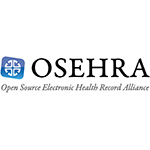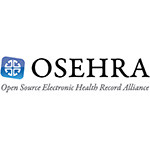The use of electronic health records could help identify high-risk pregnancy patients who require treatment to avoid medical complications, according to an article published in the Johns Hopkins Public Health magazine, FierceEMR reports.
Researchers — assisted by Johns Hopkins University’s Center for Population Health IT — are conducting a pilot program that uses predictive modeling and natural language processing to sort through the text in EHRs of pregnant Medicaid beneficiaries.
The researchers are looking for information such as whether beneficiaries smoke or live in abusive environments. Those beneficiaries typically do not receive regular or follow-up care, according to FierceEMR.
After the EHR data identify the high-risk beneficiaries, the researchers can contact them about receiving needed care.

























